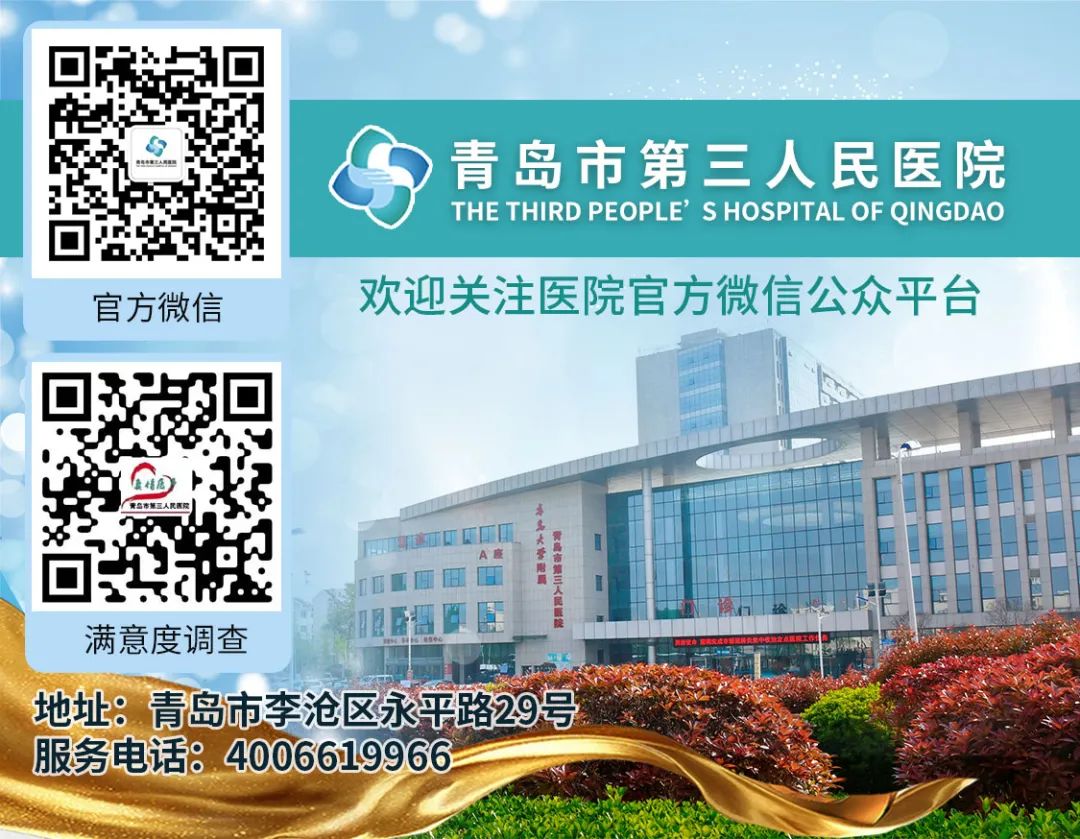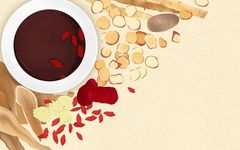
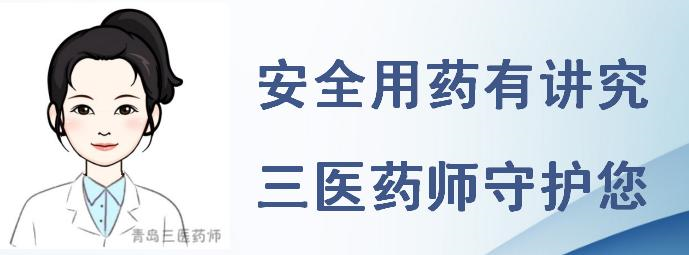

When it comes to traditional Chinese herbs, do you also think of a steaming bowl of herbal decoction, rich in medicinal aroma? Traditional Chinese Medicine (TCM), as the crystallization of wisdom accumulated over thousands of years by the Chinese nation, has permeated into countless households with its philosophy of treating (preventing) diseases. Especially in the past two years, amidst the battle against COVID-19, ancient TCM has shown renewed vitality. In fact, there are many methods of using Chinese herbs, including oral administration, topical application, inhalation, sublingual, and rectal administration. Some herbs must be used in a specific way to achieve certain effects; for example, gypsum (Shi Gao) must be decocted and taken orally to clear heat and drain fire, while its effect of drying dampness and healing sores requires it to be calcined and used externally. However, the most common method remains oral administration in the form of decoctions.
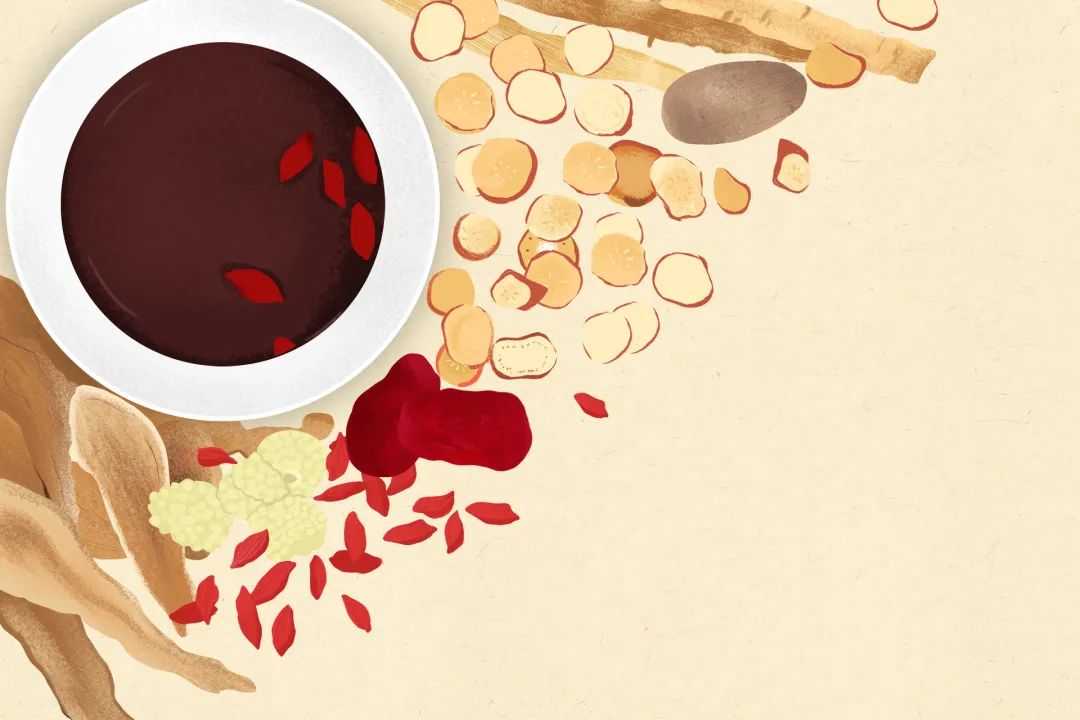

Currently, the service of pre-decocted Chinese medicine is gradually being recognized by more people, allowing patients to avoid the hassle of preparation at home and directly consume a one-time sealed decoction, saving time and effort while ensuring hygiene. However, if you still prefer the traditional decoction method, you can click the link below to learn about the techniques for decocting Chinese herbs~~

【Pharmacist’s Insights】Common Knowledge and Profound Understanding of Decocting Herbs

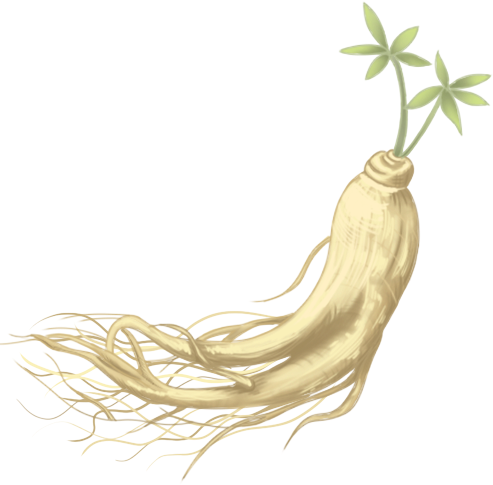
Whether you choose pre-decocted Chinese medicine or prepare it yourself, the methods of administration are largely similar. Next, pharmacist Sun Mengmeng from the Third People’s Hospital of Qingdao will discuss a few points regarding the oral administration of Chinese herbal decoctions.


01

Timing of Medication
As stated in the “Tang Ye Ben Cao”: “The medicinal qi should not encounter the food qi; take medicine when the food qi is consumed, and eat when the medicinal qi is consumed; this is the meaning behind taking medicine before or after meals.” The specific timing for taking Chinese herbal decoctions should be determined based on the condition and the properties of the herbs, and cannot be generalized.

On an Empty Stomach
When the stomach is empty, there is no food present, allowing the medication to quickly reach the intestines and exert its effects. For example, purgative herbs like Gan Sui (甘遂), Yan Hua (芫花), and anthelmintic herbs like Jun Zi Ren (君子) and Bing Lang (槟榔), as well as strong laxatives like Da Huang (大黄) and Fan Xie Ye (番泻叶), may have more pronounced effects when taken on an empty stomach. Therefore, it is recommended to take these types of herbs on an empty stomach.

Before Meals
Taking medicine before meals, when there is little food in the stomach, is beneficial for the digestion and absorption of the medication. Therefore, most herbs should be taken before meals, especially those targeting conditions below the chest and abdomen, such as liver and kidney diseases and lower body ailments. Except for those with strict requirements for empty stomach administration, it is generally recommended to take them before meals.

After Meals
After meals, food remains in the stomach, which can reduce the irritation of the medication on the gastrointestinal tract. Therefore, for medications that are irritating to the gastrointestinal tract, such as those containing cold herbs like Jin Yin Hua (金银花), Huang Lian (黄连), and Chuan Xin Lian (穿心莲), it is advisable to take them after meals. Additionally, digestive herbs like Shan Zha (山楂) and Mai Ya (麦芽), as well as medications for conditions above the chest and abdomen, such as headaches, dizziness, and eye diseases, should also be taken promptly after meals.

Before Sleep
Calming herbs like Suan Zao Ren (酸枣仁) and Zhu Sha (朱砂) used for treating insomnia should be taken before sleep; laxative herbs like Huo Ma Ren (火麻仁) and Yu Li Ren (郁李仁) should also be taken before sleep to facilitate morning bowel movements.

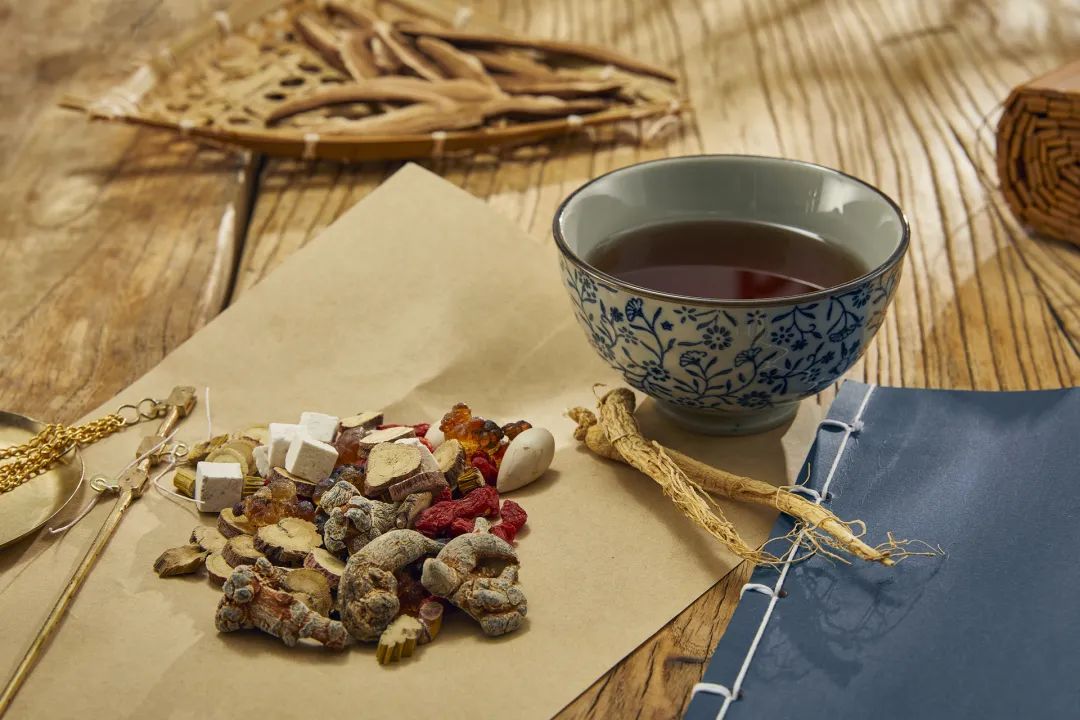
02

Frequency and Dosage of Medication
For general illnesses, the typical dosage of Chinese herbal decoctions is one dose per day (i.e., one prescription of Chinese medicine), which is decocted and taken in two portions. Pre-decocted services without special requirements will also package one dose of Chinese medicine into two bags after decoction.
For severe or urgent conditions, the doctor may prescribe medication every four hours, continuously day and night, to maintain the medicinal effect and combat the disease.
When using diaphoretic or purgative herbs, due to their strong potency, the dosage should be adjusted based on individual symptom changes.
For patients with vomiting, it is advisable to take small amounts of medication frequently; smaller doses are less irritating to the stomach, preventing immediate vomiting, and multiple small doses may ensure adequate medication intake.


03

Temperature of Medication
Generally, Chinese herbal decoctions are best taken warm; however, when treating cold syndromes with warming herbs, it is preferable to take them hot. For example, for treating wind-cold colds, the decoction should be taken warm, and after taking the medicine, one should “cover warmly to induce sweating” (i.e., cover with clothing or blankets to promote sweating). However, care should be taken not to make the decoction too hot to avoid burns; for cold medications used in treating heat diseases, if the “heat” is in the gastrointestinal tract and the patient desires cold drinks, it can be taken cool. If the “heat” is in other organs, it is still advisable to take it warm.


If you have any further questions regarding the specific details of taking Chinese herbal decoctions, feel free to visit the herbal pharmacy window at the Third People’s Hospital of Qingdao or call 89076095 for consultation. The pharmacists will be happy to assist you.
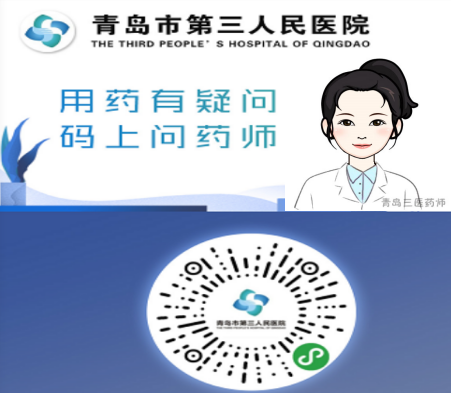
Contributors: Pharmacy Department, Sun Mengmeng, Gao Jing
Photo Source: Pharmacy Department
Reviewed by: Cui Xiaoqing
